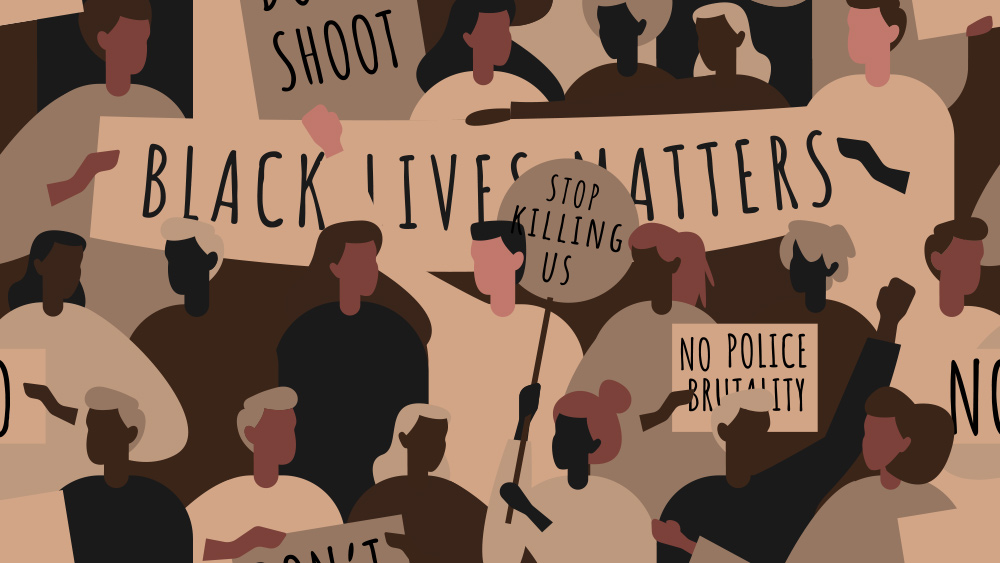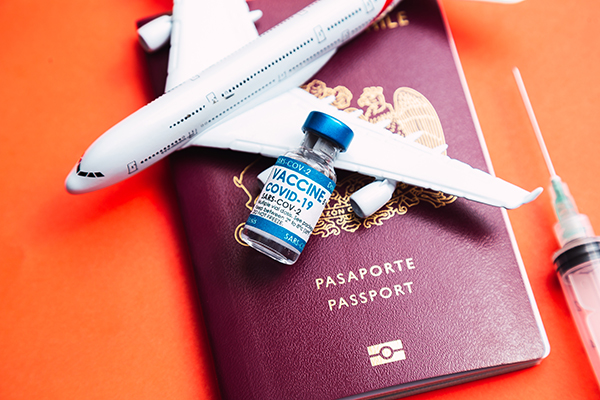
As reported by the Sarasota Herald Tribune, despite the vote, some lawmakers and state officials say they are concerned about how medical marijuana will be regulated and whether, over the long term, “those 6.4 million residents made the right call.”
At a local Manatee Tiger Bay Club meeting recently, a proponent of medical pot, along with an addiction specialist who opposes legalization, debated about what will come next now that the electorate has (loudly and clearly) spoken.
The president of Advocate Inc., Bill Monroe, said he became involved in the medical marijuana issue some five years ago after researching a number of potential medications that could ease tremors being experienced by his elderly mother due to Parkinson’s disease, while also helping to boost her appetite.
‘Be a free thinker’
In doing so, Monroe said he discovered that a number of states and countries have legalized pot without undergoing major consequences.
“Be a free thinker,” he said during the forum. “Use your logical thinking. Are you seeing global chaos?”
Not from pot use; we’re seeing plenty of chaos from the abuse of prescription opioids, which has led to a dramatic increase in overdose deaths from them and from cheaper heroin, however.
Advocates, said Monroe, do not object to regulations pertaining to labeling, keeping cannabis out of the hands of children and other safety measures. In fact, he said he would prefer the state adopt a rule that pot from licensed growers be independently tested by free-standing labs to make sure that it is “free of heavy metals and pesticides.”
Monroe added that his group also “want the doctor-patient relationship,” thereby letting physicians “decide what the patients need."
He further noted that synthetic THC—the chemical that produces marijuana’s psychological effects—has been legal in the U.S. since 1985 and is even available in many pharmacies. All that is being discussed since the Nov. 8 ballot measure approval is “organic THC,” he said, adding that he believes reports that claim outsized dangers over pot use are exaggerated.
Jessica Spencer, the policy director of the group “Vote No on 2,” which opposed the state constitutional amendment, stressed that doctors are still not able to legally prescribe marijuana because the federal government has not approved of it. Pot is still a Schedule I drug and Congress has so far not taken up the measure legislatively to get that changed.
Spencer said the amendment only allows doctors to “recommend” medicinal cannabis, while patients would then obtain it from approved dispensaries instead of pharmacies.
Concerns aside, it is time to move forward with the intent of the amendment
In recent days the Manatee County Commission and the Bradenton City Council both adopted a six-month moratorium on considering applications from dispensaries while they ponder land-use regulations about where such businesses would be permitted to operation. Other jurisdictions in the state have adopted similar moratoriums. That, of course, has angered many voters who see state and local officials as attempting to thwart their approval.
Spencer said that eventually, the number of dispensaries could total nearly 2,000—far more than the number of McDonald’s and Starbucks restaurants, as well as 7-Eleven convenience stores in the state, combined. She said the wording of the amendment was “very crafty.”
She also claimed that because there are a number of medical conditions for which doctors could prescribe cannabis—including cancer, epilepsy, and glaucoma—the wording on the amendment was open-ended, meaning doctors are open to prescribing it for just about any similar condition.
“Any 18-year-old can complain about test anxiety, an athletic injury or a migraine and receive a medical marijuana recommendation without their parent's consent," Spencer said.
Still, despite these concerns, the people have spoken. State and local governments are now obligated to move ahead with the implementation of the amendment.
Sources:
Please contact us for more information.























